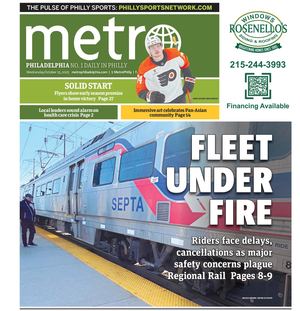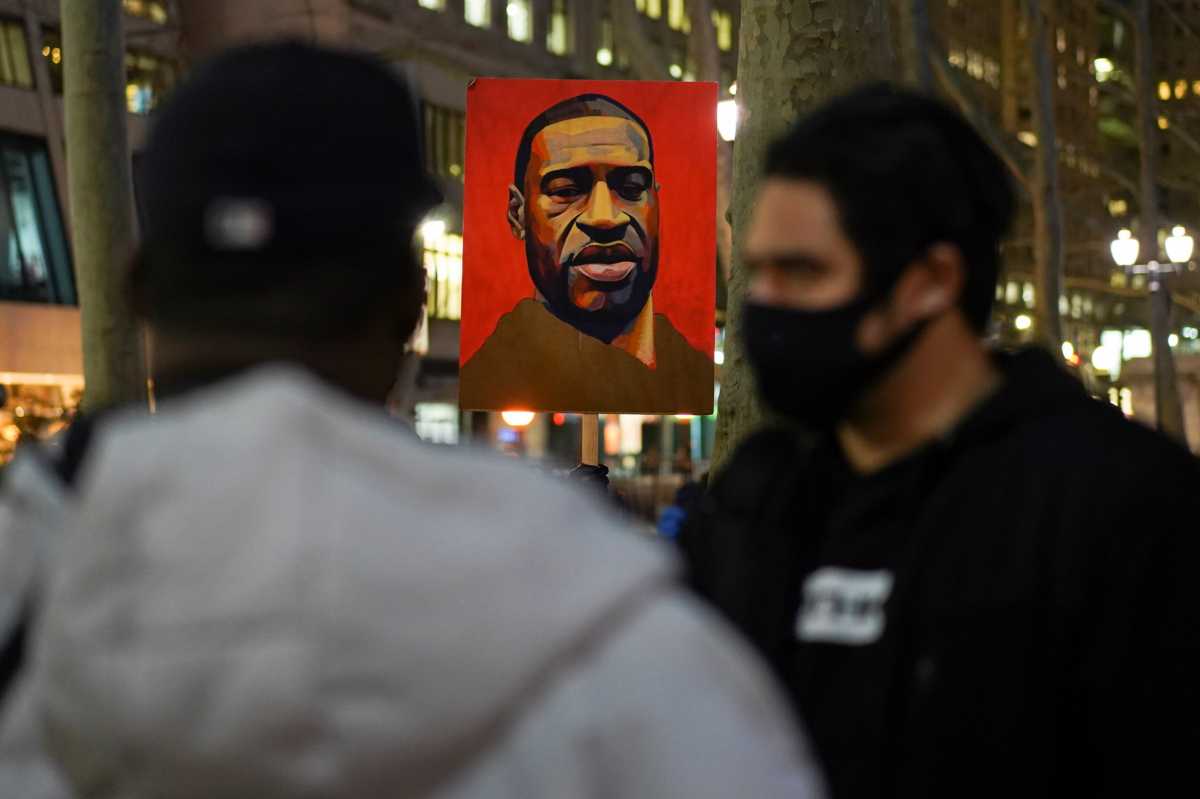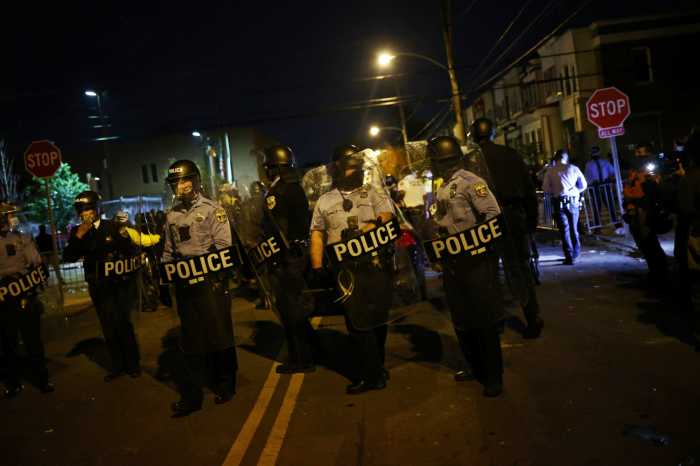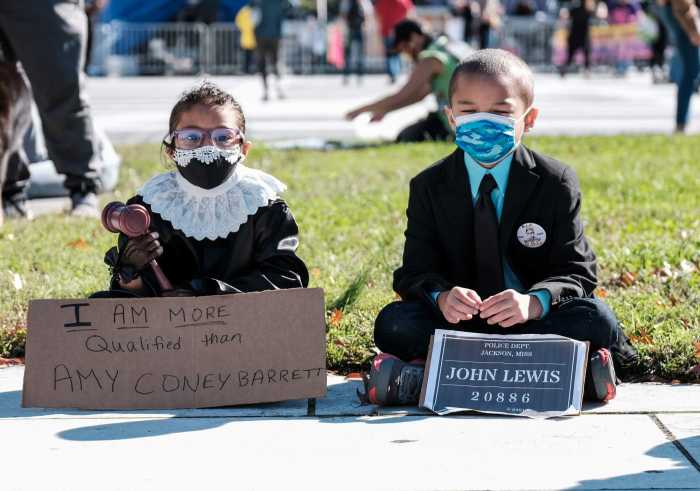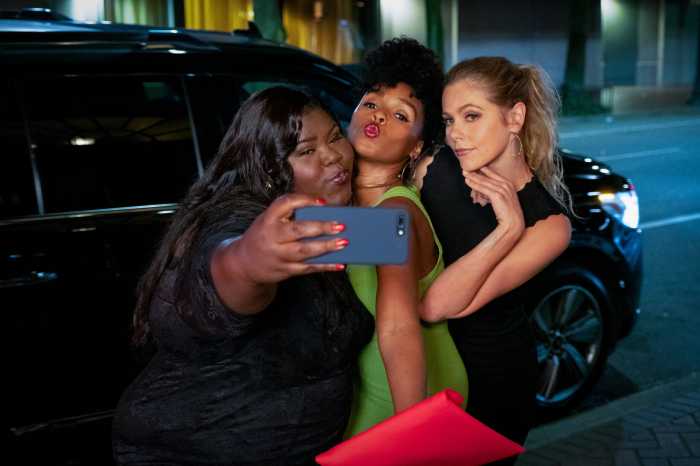Derek Chauvin, the former Minneapolis police officer who kneeled on the neck of George Floyd, a Black man whose death inspired an outcry in Philadelphia and around the world, was convicted of second-degree murder and other charges by a jury Tuesday.
Local reaction poured in minutes after the announcement of the highly-anticipated verdict, which followed a three-week trial.
“This doesn’t even feel real,” tweeted Questlove, of the Philly-based hip hop band the Roots. “This has NEVER happened in my lifetime.”
City Councilwoman Jamie Gauthier, on Twitter, called the guilty verdict “an important step for police accountability” but added, in a sentiment echoed by many, that there’s “still a very long way to go to end systemic racism in this country.”
“We must pass comprehensive use of force policy for police and be deliberate and consistent in holding bad actors accountable,” State Sen. Sharif Street wrote on social media. “Justice for George Floyd is an important step in the right direction, but we have many miles to go.”
District Attorney Larry Krasner, a noted progressive up for re-election this November, said the jury submitted “the only right and just verdict” in the case.
“Now we must do our job and fight for transformational changes to policing and for increased accountability for officers who break the law,” he added in a statement. “There is no time to rest.”
“This verdict is about accountability, but it is not justice,” U.S. Sen. Bob Casey tweeted. “While Derek Chauvin will be held accountable for the murder of George Floyd, it’s not enough. Countless others have died at hands of police because of a broken system that must be reformed.”
In anticipation of the verdict, Gov. Tom Wolf last week deployed more than 1,000 members of the Pennsylvania National Guard to Philadelphia at the request of Mayor Jim Kenney’s administration.
Police Commissioner Danielle Outlaw said Friday that residents should expect to see an increased presence of officers following the verdict. She cancelled planned days off to boost on-duty numbers.
Kenney, in a statement shortly before the jury announced their decision, called the case “a defining moment in our country’s history.”
“Our city is prepared for whatever the jury decides,” he added. “We are ready to support our communities and all who want to make their voices heard peacefully.”
Floyd’s death on May 25, and bystander video showing Chauvin kneeling on his neck, sparked outrage in Philadelphia and led to a summer of protest.
Massive peaceful demonstrations continued for days, even as most of the city remained in lockdown due to the coronavirus pandemic. Protestors, at times, clashed with police, and the National Guard was called in, setting up armored vehicles outside City Hall.
A statue of former Police Commissioner and Mayor Frank Rizzo, long targeted by racial justice activists, fell from its perch in front of the Municipal Services Building, and Rizzo’s mural in the Italian Market was covered up.
During those first few days, authorities were overwhelmed as looting spread from Center City throughout Philadelphia. Access to the downtown was restricted and curfews were implemented.
The city’s response to the unrest, particularly the use of tear gas and rubber bullets on groups of people in West Philadelphia and on I-676, drew heavy criticism and sparked multiple investigations.
